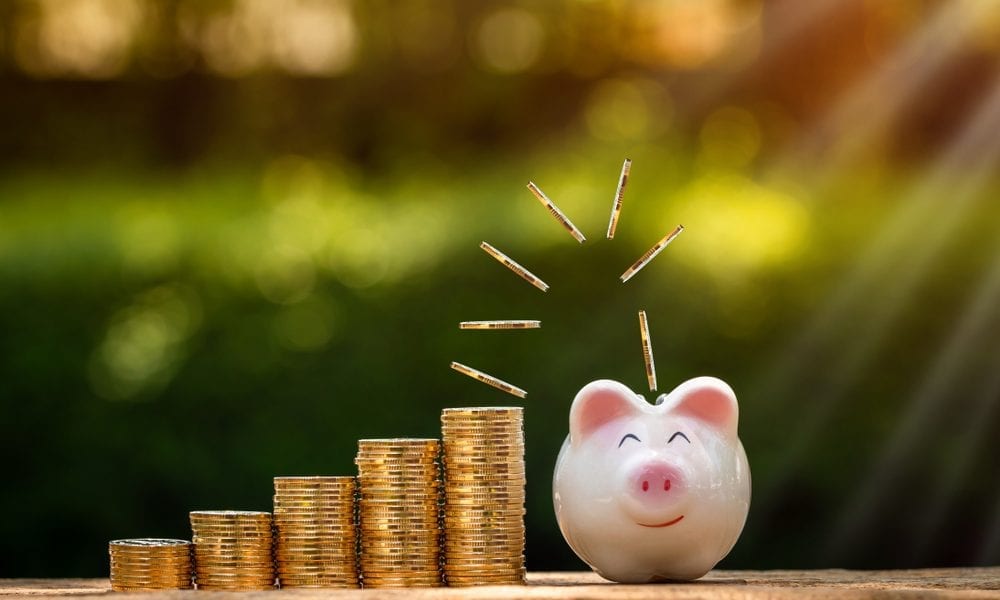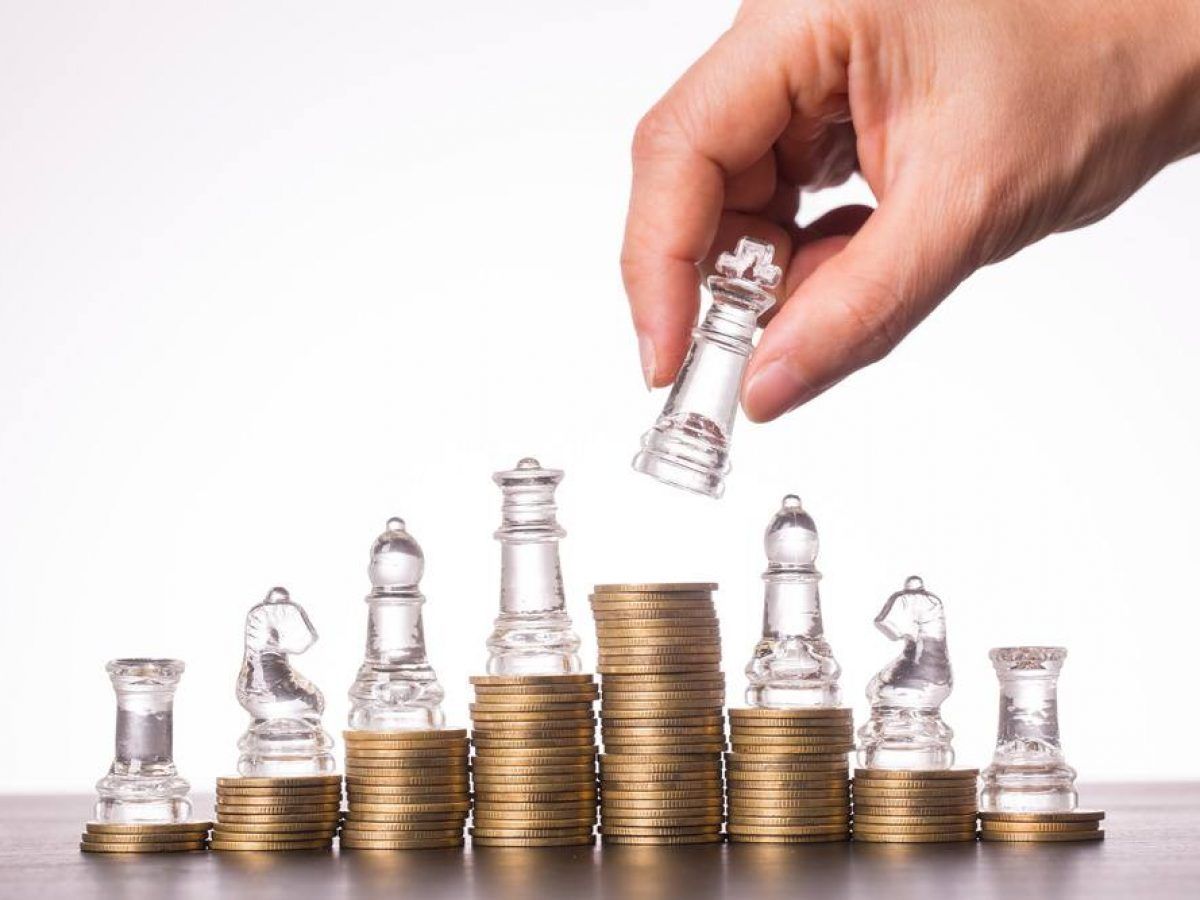
Habit 1: Set your financial goals
Before you start saving money, it's important to define your financial goals: What do you want to achieve with your money - buy a house, buy a car, travel, save for retirement? By setting clear financial goals, you will be able to focus your efforts and savings on achieving them.
Remember that goals should be realistic and achievable. Break your goals down into small goals to make it easier to meet them progressively.
Once you have your goals defined, establish a plan to achieve them. Calculate how much money you will need and over how long a period of time. This will help you determine how much you will need to save each month to achieve them.
Habit 2: Make a budget and stick to it.
The second financial habit that will help you save money is to make a budget and stick to it. A budget lets you know how you are spending your money and helps you identify areas where you can reduce your spending.
To start, make a list of all your monthly income and expenses. Be sure to include everything from rent to the coffee you buy on the way to work. Once you have a complete list, identify non-essential expenses and reduce or eliminate these expenses.
It is also important to follow your budget. This means making sure you don't spend more than you have planned and adjusting your budget as necessary. If you find that you are spending too much in a certain area, such as eating out, consider reducing that amount for the next month.
Budgeting and sticking to it can take time and practice, but it's important for establishing healthy financial habits and saving money in the long run.
Habit 3: Save a portion of your income each month
Saving a portion of your income each month means making saving a priority in your budget. Instead of spending everything you earn, set aside a percentage of your income to put into a savings account.
A good rule of thumb is to save at least 10% of your income. If you find it difficult to save that much, start with a lower percentage and gradually increase it. Once it becomes a habit, you can adapt to saving more.
Remember that saving is not only important to deal with unforeseen events or to meet big goals like buying a house or a car. It will also give you the peace of mind and financial security to enjoy your life without constant worries about money.
Habit 4: Use credit cards wisely
Credit cards can be both a blessing and a curse for your personal finances. On the one hand, they can offer rewards for your purchases and help build your credit history. On the other hand, if not used correctly, they can lead to heavy debt and high interest payments.
To use your credit cards wisely, follow these tips:
- Don't spend more than you can afford to pay off each month;
- Pay off your balance in full each month to avoid paying interest;
- Don't use your credit card to buy things you don't need or can't afford;
- Keep your balances low to maintain a good credit history;
- Compare credit card offers before you choose one;
- By using your credit cards wisely, you can reap the benefits without falling into the trap of over-indebtedness.
Habit 5: Shop around and look for deals
One effective way to save money is to shop around before making a purchase. Be sure to look for the same product in different shops or online to see if you can find a better deal.
You can also take advantage of promotions and discounts offered by shops at different times of the year, such as during sales or Black Friday. Remember to always read the small print and don't buy something just because it's on sale if you don't really need it.
Habit 6: Use apps to track expenses
A good way to keep track of your expenses is to use apps. There are several options on the market today that can help you keep track of your personal finances easily and effectively.
These apps will allow you to categorise your expenses, set budgets and receive alerts when you get close to your monthly spending limit. In addition, some can connect directly to your bank account so you can see all the movements in real time.
Keeping a close eye on your spending will allow you to identify patterns and areas where you can reduce your costs to save money in the long run.
Habit 7: Review your insurance and look for cheaper options
Periodically review your insurance policies and look for cheaper options in the market. Sometimes companies offer discounts to loyal customers or you can find deals online.
It is also important to assess whether you really need all the insurance you have taken out. For example, if you no longer have a car, why continue to pay for car insurance?
Remember that saving on your insurance does not mean sacrificing the quality of protection. Always check that the new policy meets your needs and expectations.
Habit 8: Learn to invest your money
Investing your money is a way to make it work for you instead of you having to work to earn it. Learning how to invest is key to long-term financial success. It is important to educate yourself about the different types of investments and understand the risks and rewards associated with each.
Before investing, set your financial goals and assess your risk tolerance. Be sure to diversify your investments to reduce risk and maximize potential returns.
You don't have to be a financial expert to invest successfully. Consider consulting with a financial professional or using online tools, such as automated investment applications, to help you make informed decisions.
Remember, investing requires patience and discipline. Don't expect immediate results, but in the long run it can provide a great return.
Habit 9: Control your impulse buying
It's easy to be tempted to buy things we don't need, especially when we are exposed to so many ads and offers on a daily basis. However, if we want to save money, it's important that we control our impulse buying.
A good way to do this is to set a monthly budget and stick to it. Before buying something, ask yourself if you really need it or if it is just a passing whim. If you can live without it, you probably don't need it.
It's also helpful to avoid impulse purchases online. If you see something you like, wait a few days before buying it. You may realize that you don't really need it or that you can find a cheaper alternative elsewhere.
Remember that the real value of money is not in the things we buy, but in the financial security and freedom it gives us. Controlling our impulse buying may be difficult at first, but in the long run it will help us save and improve our quality of life.
Habit 10: Periodically review your personal finances
It is important that, as a habit, you dedicate some time every few years to review your personal finances. This way, you will be able to make adjustments to your budget and verify if you are meeting your financial goals. You will also be able to identify unnecessary expenses and look for ways to reduce them.
Periodically reviewing your personal finances will allow you to be more aware of how you are managing your money and will give you the opportunity to make more informed decisions about your spending and savings.






